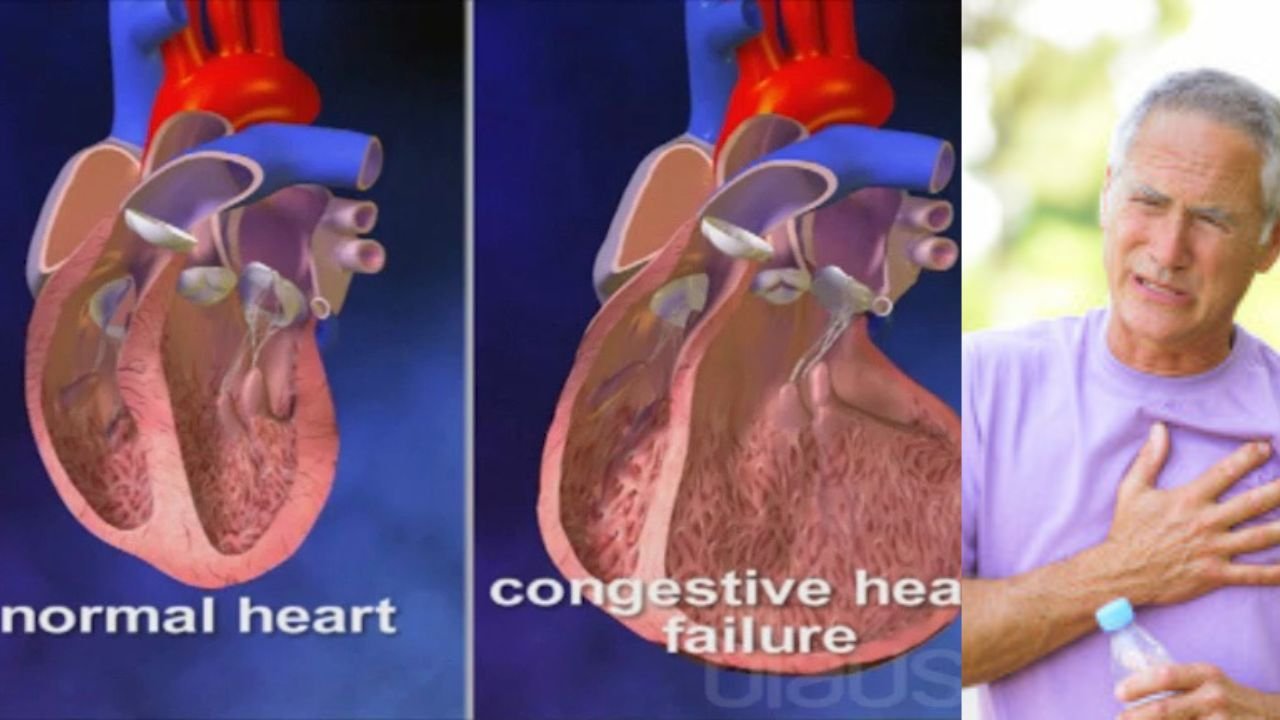Congestive heart failure (CHF) can sound daunting, but understanding it doesn’t have to be difficult. In this article, we’ll break down CHF into digestible pieces, offering insights into its causes, symptoms, diagnosis, treatment, and prevention.
What is Congestive Heart Failure?
Congestive heart failure occurs when the heart cannot pump enough blood to meet the body’s needs. This can happen due to various reasons, including weakened heart muscles, narrowed arteries, high blood pressure, or previous heart attacks. As a result, fluid can build up in the body, leading to symptoms such as swelling, fatigue, and shortness of breath.
Causes of Congestive Heart Failure…
CHF can be caused by underlying conditions such as coronary artery disease, high blood pressure, diabetes, or heart valve disorders. Lifestyle factors like smoking, obesity, and excessive alcohol consumption can also increase the risk of developing CHF.
Signs and Symptoms…
Recognizing the signs and symptoms of CHF is crucial for early detection and treatment. Common symptoms include shortness of breath, fatigue, swelling in the legs and ankles, persistent coughing, and rapid or irregular heartbeat. If you experience any of these symptoms, it’s essential to consult a healthcare professional promptly.
Diagnosis…
Diagnosing CHF typically involves a combination of medical history review, physical examination, imaging tests (such as echocardiograms), and blood tests. These tests help healthcare providers assess the heart’s function and determine the underlying cause of symptoms.
Treatment Options…
Treatment for CHF aims to alleviate symptoms, improve heart function, and address underlying causes. This may involve lifestyle changes such as adopting a heart-healthy diet, regular exercise, quitting smoking, and limiting alcohol intake. Medications like ACE inhibitors, beta-blockers, diuretics, and anticoagulants may be prescribed to manage symptoms and prevent complications. Additionally, a promising medication for CHF is Sacubitril/Valsartan (brand name Entresto), which has shown effectiveness in reducing hospitalizations and improving survival rates in patients with heart failure with reduced ejection fraction.
Prevention…
Prevention is key in managing CHF and reducing its impact on daily life. Lifestyle modifications, such as maintaining a healthy weight, managing stress, and staying physically active, can significantly lower the risk of developing CHF. Regular check-ups with healthcare professionals can help monitor heart health and detect any potential issues early on. Additionally, following a prescribed treatment plan, including taking medications as directed, attending cardiac rehabilitation programs, and making necessary dietary changes, can improve heart function and quality of life for individuals living with CHF.
Opinion on World Health…
Congestive heart failure is a significant global health issue, affecting millions of people worldwide. By raising awareness about the causes, symptoms, diagnosis, and treatment options for CHF, we can empower individuals to take proactive steps towards better heart health. Governments, healthcare organizations, and communities should work together to implement policies and initiatives aimed at promoting heart-healthy lifestyles and improving access to quality healthcare services for all individuals, regardless of their socioeconomic status.
Conclusion…
Congestive heart failure may seem complex, but understanding its causes, symptoms, diagnosis, treatment, and prevention strategies can empower individuals to take control of their heart health. By adopting a proactive approach to lifestyle choices and seeking timely medical attention, individuals can reduce their risk of developing CHF and live healthier, fulfilling lives. Remember, knowledge is the first step towards prevention and management, so stay informed and prioritize your heart health.
Read more topic… “Disorder in Columbus: Lady Charged After Taken Vehicle Occurrence Leaves Police Sergeant Harmed”
Beauty Tips… Here are 8 daily habits that can negatively impact your facial skin:

